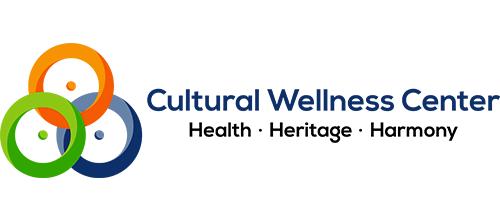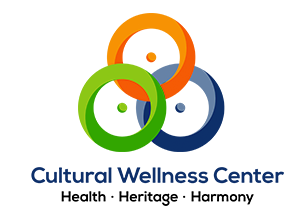What will happen at the Conclave? The Cultural Wellness Center has hosted fellows and scholars over our 23-year history. This event was developed to formally honor the work of these students, recognize their contributions, and provide a forum for them to share with potential future scholars the ways in which Cultural Self-Study has deepened, directed, and defined their work. The conclave will introduce attendees to this culturally engaged scholarship developed by cultural activists, political activists, and older generations of people who have created knowledge from their life of fighting oppression. We will also hear testimony of how Cultural Self-Study has changed the capacity of these leaders to work across- and within- various systems and ways of knowing to address cultural recovery from historical trauma. This event is about acknowledging those who have worked on the front line to make changes to the existing systems and learn from their struggles and welcoming the next group of leaders who will continue this work against oppression.
Who should attend the Conclave? Any person who is working to address equity and equality in any system- from grassroots organizers to healthcare providers to policy leaders- who wishes to find a practice and community that nurtures them intellectually and spiritually on their personal and professional journeys.
How much should I pay for my ticket? If you have access to the resources- personal or organizational- to pay the full price, we ask that you do so. The other levels of cost were developed to be inclusive of people who have less access to financial resources.
What is Moving from Race to Culture? The process of moving from race to culture is grounded in the understanding that every person possesses culture and that connecting to that culture will both shine a light on the way that person thinks, responds, and views the world and surface the knowledge, practices, and ceremony that have sustained their ancestors over the generations. Connecting with our culture helps us to understand our place in the world, to authentically connect with and deeply consider the perspective of people who come with different cultural knowledge and work collaboratively to find ways to function together that neither appropriates nor diminishes one culture.
We are each called to do difficult work confronting the systemic manifestations of white supremacy- the difference in this approach is that moving from race to culture provides a structure in which we can care for and constructively challenge one another, creating stronger and more resilient leaders in this work.
How is the Conclave different from a conference? Rather than a focus on imparting topic-specific information to inform work like a conference, the Conclave is focused on introducing attendees to the practices that build a supportive foundation for them to sustain their ability to do their work.






